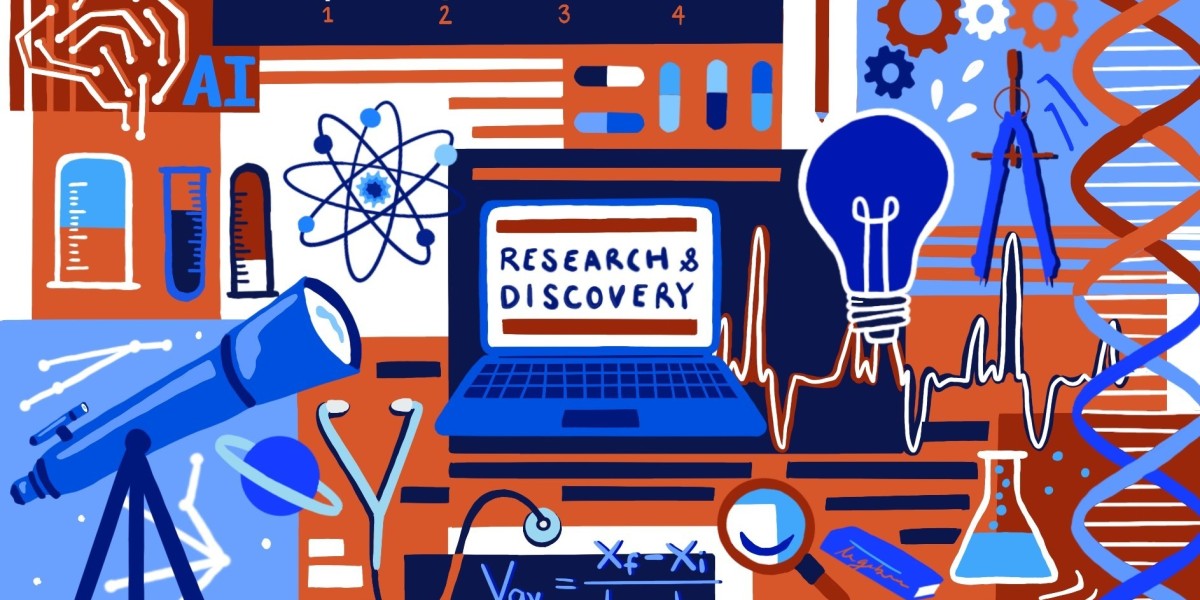Hard water, with its high mineral content, can wreak havoc on plumbing systems, reduce appliance efficiency, and leave behind stubborn residue. Water softening systems offer a solution, removing these hardness minerals and providing softer, "conditioner-friendly" water for homes and businesses. The global water softening systems market is experiencing steady growth, driven by a confluence of factors.
Current Scenario: A Market Full of Potential
- Rising Water Quality Concerns: Growing awareness of the negative impacts of hard water on plumbing systems, appliances, and even skin health is driving demand for water softening solutions.
- Urbanization and Infrastructure Development: Rapid urbanization and infrastructure development in developing economies create new markets for water softening systems.
- Focus on Sustainability: Water softeners can improve water heater efficiency and extend appliance lifespans, contributing to a more sustainable approach to water use.
- Government Initiatives: In some regions, government initiatives promoting water conservation and efficient water usage can indirectly influence the adoption of water softeners.
Get Exclusive Sample Copy of the Report: https://www.futuremarketinsights.com/reports/sample/rep-gb-881
Residential vs. Industrial Applications
- Residential Dominance: The residential sector currently accounts for the larger share of the market, representing over 75% in 2023 [2]. This is because hard water issues directly impact household chores, appliance performance, and overall water experience.
- Industrial Growth Potential: The industrial sector, particularly sectors like food & beverage, textiles, and pharmaceuticals, is witnessing increasing adoption of water softeners to ensure consistent water quality for processes.
Opportunities for Manufacturers: A Time to Innovate
- Technological Advancements: Developing high-efficiency water softening systems with features like metered regeneration, smart controls, and self-cleaning capabilities caters to the needs of environmentally conscious and busy consumers.
- Focus on Sustainability: Utilizing eco-friendly materials in softener construction, exploring alternative regeneration methods like brine minimization, and promoting water-efficient models resonates with sustainability-focused consumers.
- Diversification for Specific Needs: Developing water softeners tailored for different water conditions, well water compatibility, and varying household sizes broadens market appeal.
- Focus on User-friendliness and Smart Features: Designing user-friendly interfaces, offering mobile app controls, and integrating real-time monitoring features enhances user experience.
Future Trends: A Vision for a Softer Future
- Integration with Smart Home Systems: The future holds promise for water softeners that seamlessly connect with smart home systems, allowing for remote monitoring, operation scheduling, and data-driven maintenance.
- Focus on On-Demand Regeneration: Developing water softeners with on-demand regeneration capabilities ensures optimal water softening while minimizing water usage during the regeneration process.
- Membrane-Based Technologies: Advancements in membrane-based water softening technologies could offer a more sustainable and potentially more efficient alternative to traditional ion exchange methods.
- Regional Market Expansion: Manufacturers who focus on regional market needs, such as compatibility with local water sources and compliance with regional regulations, can gain a competitive edge in emerging markets.
Read more info: https://www.futuremarketinsights.com/reports/water-softening-systems-market








